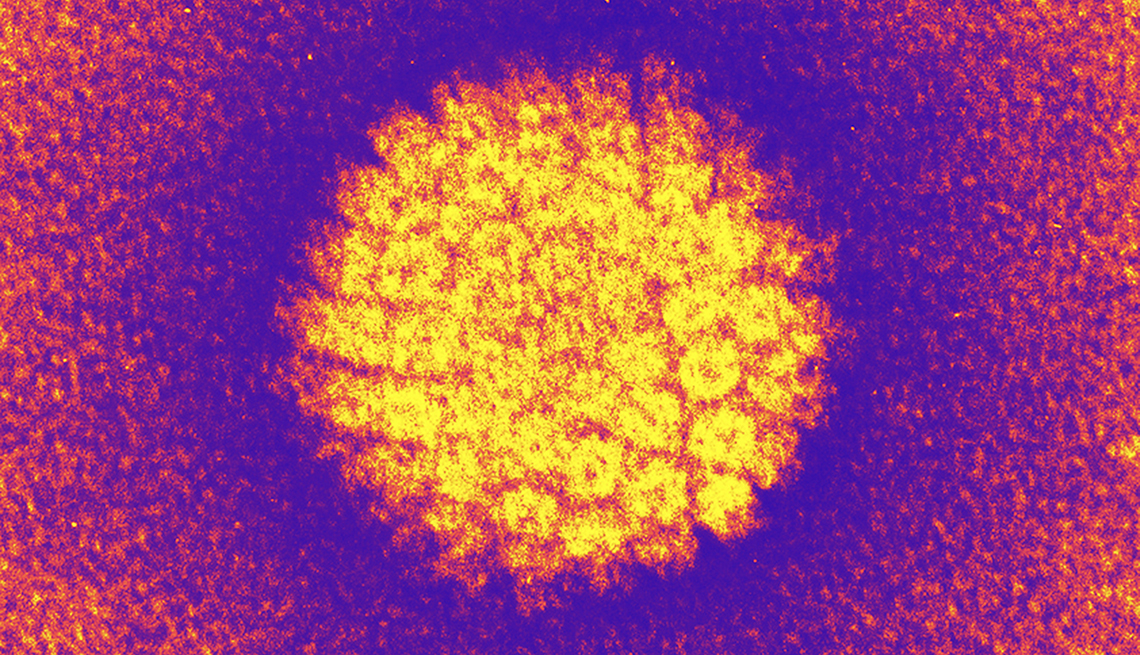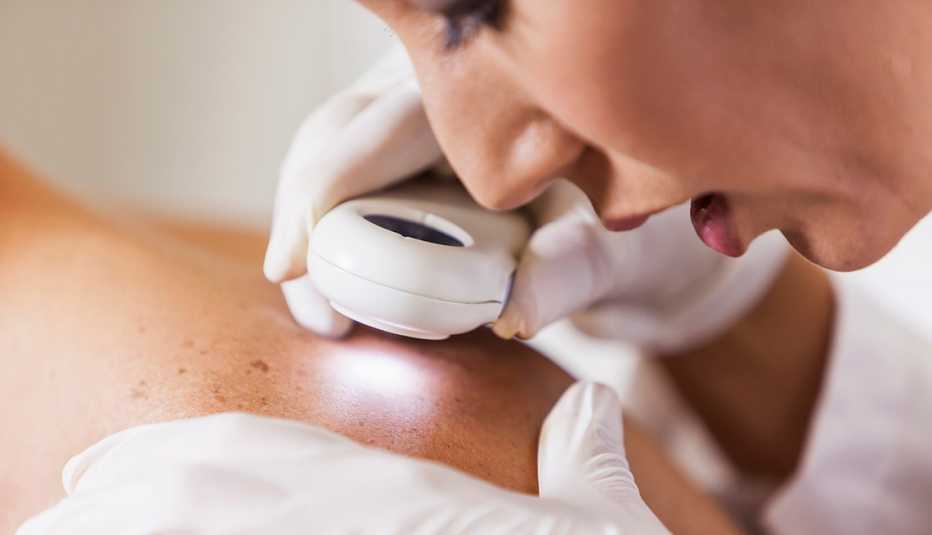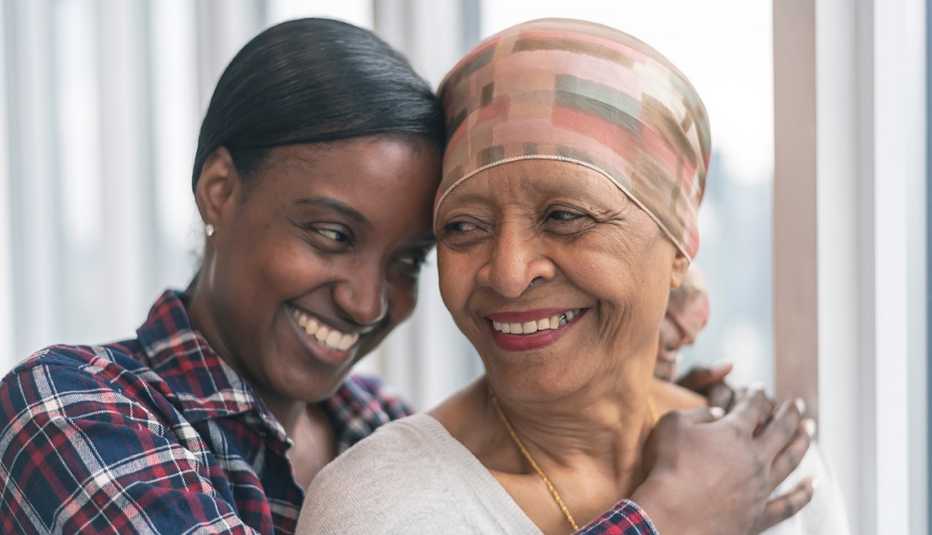AARP Hearing Center
Rates of an anal cancer that up to now has been labeled rare are increasing to the point that some researchers say more attention needs to be paid to this disease, especially among older adults and young black men.
New cases of squamous cell carcinoma of the anus increased 2.7 percent per year between 2001 and 2015, according to a new study in the Journal of the National Cancer Institute (JNCI). U.S. adults ages 50 to 59 saw more dramatic spikes in the cancer's incidence during this period, including a 4.2 percent increase among men and a 5 percent jump in women. Moreover, mortality rates for the cancer rose 3.1 percent per year and were even higher in patients over age 50, the study found.
Anal cancer is “fairly rare,” according to the American Cancer Society (ACS). The estimates for 2019 are 8,300 new cases and 1,280 deaths. By comparison, 271,270 new cases of breast cancer — the most common type, according to the cancer institute — are expected to be diagnosed in 2019.
The rise in rates, however, may provide reason to pay more attention to anal cancer, says Ashish Deshmukh, an assistant professor at the University of Texas Health School of Public Health in Houston and the lead author on the study. “We need to change our perception that it's a rare cancer,” he says.
Compared to adults born in the mid-1940s, white men and women born in the ‘60s are twice as likely to develop anal cancer, the study found. The risk for black men born in the mid-'80s is five times as high.
About 91 percent of squamous cell anal cancers are linked to the human papillomavirus (HPV) – a common virus spread through intimate skin-to-skin contact, according to the Centers for Disease Control and Prevention. Most HPV infections clear up on their own, but some stick around and can lead to cancer later in life. HIV is another risk factor for the cancer, and some studies are looking at whether obesity plays a role in its development, Deshmukh says.



































































